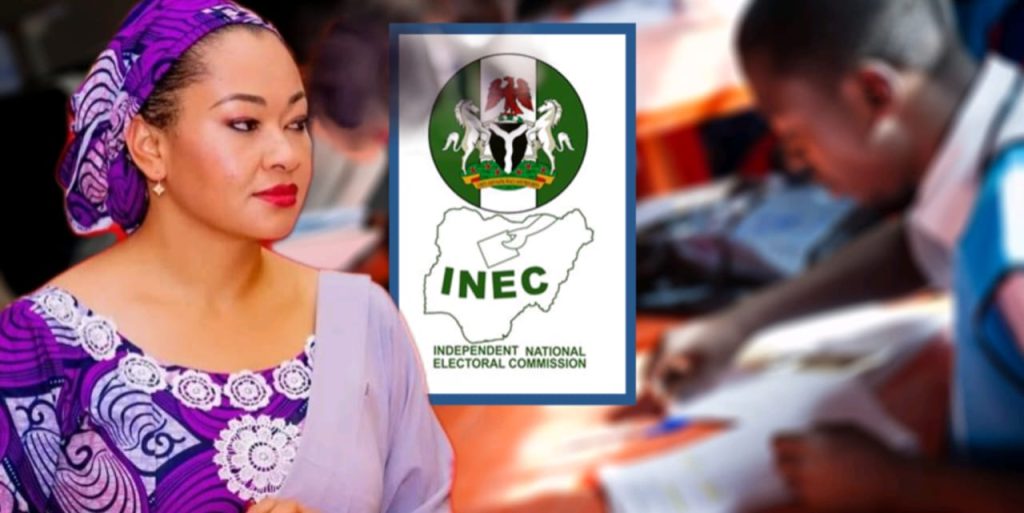Natasha Akpotis’ Recall: Irrelevancy Of The “Irregularity”

By E.O. Shadrach, Esq, FICMC
What started as a bicker over a change of seat at the Red Chamber snowballed into the ultimate move to recall Natasha Akpoti from the Red Chamber as a Senator representing the people of Kogi Central. The chain of events that led to this recall move are better left to the social commentators.
It is however, worrisome that as serious as the recall exercise which is already in full throttle is, Natasha and her supporters seem to be focusing on things that are not relevant and plainly of no consequences in the eyes of the law.
The media reported that following the submission of the recall petition at the INEC office wherein the INEC raised an issue of not submitting the contact details of some of the representatives of the petitioners as provided under the Rules and guidelines for recall, Natasha Akpoti pointed out that the INEC ought to have rejected the recall petition in its entirety having not complied with that section of the recall guideline. In another news, there is also an objection to the legal status of the association “Kogi Central Political Frontier” whose letter head was used to write the petition to the INEC as not being registered at the CAC as a legal entity.
The recall exercise is rooted in section 69 of the 1999 Constitution (As Amended) and the section specifically provides that”
“A member of the Senate or of the House Representatives may be recalled as such a member if –(a) there is presented to the Chairman of the Independent National Electoral Commission a petition in that behalf signed by more than one-half of the persons registered to vote in that member’s constituency alleging their loss of confidence in that member; and(b) the petition is thereafter, in a referendum conducted by the Independent National Electoral Commission within ninety days of the date of receipt of the petition, approved by a simple majority of the votes of the persons registered to vote in that member’s constituency.”
As an addendum, section 69 of the Constitution is altered in paragraph (a), by inserting immediately after the word “member” in line 4, the words, “and which signatures are duly verified by the Independent National Electoral Commission” by the virtue of the Constitution of the Federal Republic of Nigeria (First Alteration) Act, 2010.
The major requirements for a recall as encapsulated above are: a petition to recall addressed to the INEC Chairman, signed by more than 50% of the registered voters in the constituency, the signatures to be verified by the INEC, the INEC conduct a referendum within 90 days and approved by a simple majority of the votes by registered voters in the constituency.
The Constitution did not make a recall process invalid or the petition subject to rejection if the contact details of the representatives of the petitioners are not provided or that a recall process become invalid if an unregistered entity submit a recall petition on behalf of the petitioners.
The validity of a recall process is fundamentally hinged on the elements enumerated from the Constitution as stipulated above, nothing more, and nothing less. The recall guideline alleged to have been flouted cannot override the provisions of the Constitution because such guideline is made for administrative purpose only which can be cured where a default is detected and the INEC did the right thing in this regard by further requesting the remaining contact details of the representatives of the petitioners.
The Supreme Court held in the case of A.G. Lagos State V. A.G. Federation & Ors (2004) LPELR-10 (SC) that any guideline or law inconsistent with the Constitution’s provisions, is invalid and cannot override its express provisions. See also, INEC V. Musa (2003) 3 NWLR (Pt. 806) 72.
Flowing from the above therefore, the issues of the representatives of the petitioners contact details not supplied earlier and the use of unregistered entity letter head paper for the petition amount to irrelevancy and waste of time. It is at best an academic exercise without a pass.
Written by E.O. Shadrach, Esq, FICMC.







